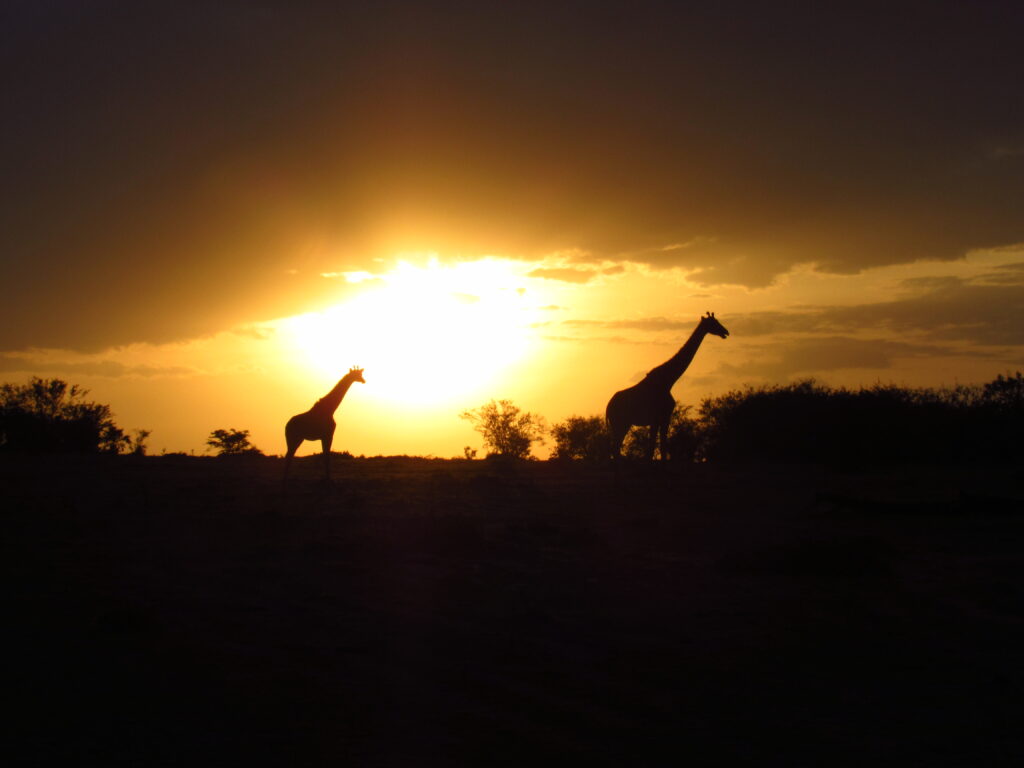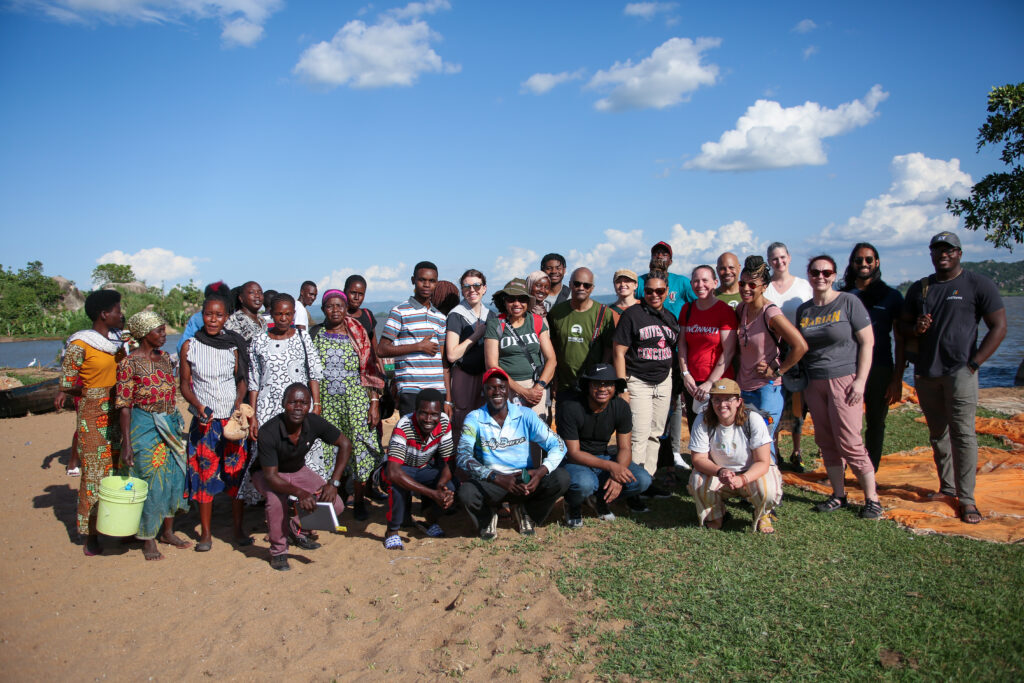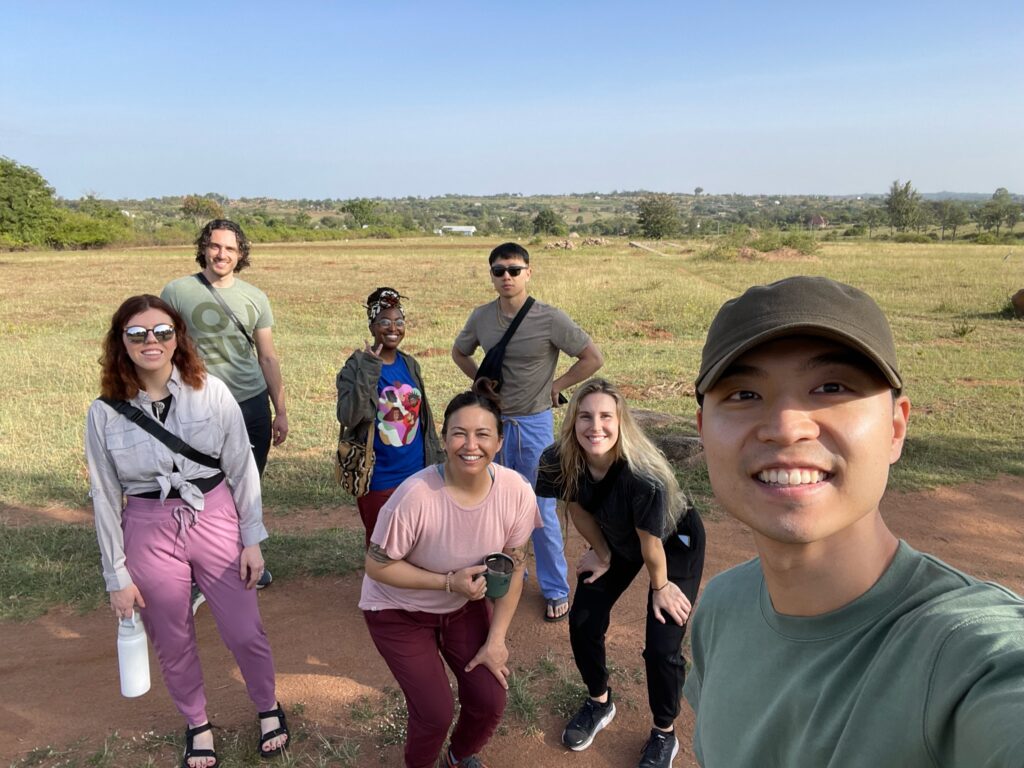Volunteer on the Ground in Tanzania!
Getting your boots on the ground in Tanzania is a life-changing way to get involved. But it also takes a lot of dedication – and a specific set of skills. We take several group trips per year, comprised of interdisciplinary teams.
Are you an ideal candidate for traveling with us? Let’s find out.



- Impact: You’ll be working on projects that have a tangible impact – all services that brigade participants provide is sourced from the local communities we work with.
- Safety: The safety and well-being of each traveler is Village Life’s top priority. Every detail of our trips is planned with health and safety in mind—from our accommodations, to food, to transportation. Everyone will always have clean water and healthy food. Leadership follows local country news closely and all participants are covered with emergency evacuation insurance.
- Support: Participants can expect to be supported! We debrief every evening as a group to work through any issues that come up that day. Trip leadership is also there for one on one time for any who needs to talk through an issue.
- Amenities: Expect to feel cut off from friends and family at home. Our accommodations in Shirati are comfortable – with running water, flush toilets, and electricity. But we don’t always have reliable access to the Internet. Travelers should expect very little contact with people at home while we’re in Shirati.
- Experience: Village Life has worked in these communities for more than a decade and has created lasting relationships with people there. We’ve taken hundreds of people to Tanzania and we have a process that works well.
Village Life takes several trips a year to Tanzania, and each trip is different based on the needs in the community at that time.
ALL AIRLINE TICKETS WILL BE PURCHASED 3 MONTHS IN ADVANCE OF TRIP DATES.
2024 Village Life Trips – Please select your trip of interest: [insert dropdown box where you are only able to select ONE option]
→ Medical Brigade: February 16 – March 1, 2024
→ Oral Health Brigade: tentative May 2024
→ Education Brigade: tentative August 2024
NOTE: By filling out an application, this does not guarantee your participation on a trip. Every applicant is reviewed and selected based on the needs of each trip. Once you have been selected, you will receive a welcome email with next steps and a $500 deposit will be required to hold your spot.
IF you are in the process of applying for a passport – please put ‘in process’ in the box below.
Travel Form
- How far in advance do I need to enroll on a trip?
Trips are booked months in advance to get the best airfare prices and to get the travel itinerary ready. You should fill out the travel application at least 6 months in advance of the month of the trip. - How much does it cost?
The trip fees are:
$2,700 for Students plus airfare
$3,200 for Residents/Fellows/In-training plus airfare
$3,700 for Professionals plus airfare
The fees include everything except airfare, excursions, and souvenirs. Housing, food, transportation, visas, costs for safari, health insurance, and emergency evacuation insurance are all covered in the program fee.
Cost does NOT include the vaccinations and medication you will need before we leave. - Does Village Life offer payment plans?
Yes, please reach out to the Village Life staff members to figure out a payment plan. - Do I need a Passport and Visa?
Yes, you will need a valid Passport. The Passport MUST be valid for at least 6 months past the date of entry into Tanzania / Kenya. You will also need to apply for a Kenyan Visa before the trip (this information will be provided). The Tanzanian Visa is secured at the border. - What kind of shots and medication will I need?
All travelers must have the yellow fever vaccine or an official exemption from their doctor. The government of Tanzania requires proof of yellow fever vaccination upon arrival if you are traveling from a country with risk of yellow fever. While the U.S. does not have a yellow fever risk, Kenya does and we are often asked for yellow fever cards at the border.
Besides yellow fever, we recommend that you are up to date on all routine vaccines (measles-mumps-rubella (MMR) vaccine, diphtheria-tetanus-pertussis vaccine, varicella (chickenpox) vaccine, polio vaccine, and your yearly flu shot), and that you get vaccinated for Hep A,B and Typhoid.
You must also be up-to-date on your COVID-19 vaccinations and bring your vaccination card with you.
All travelers should also get a prescription for an anti-malarial medication. The CDC recommends Atovaquone-proguanil (Malarone), doxycycline, or mefloquine although we do not personally recommend mefloquine because of the potential for dangerous side effects. Other medications that are suggested you get from your provider are Promethazine or Scopolamine for motion sickness and Azithromycin, Ciprofloxacin, or Levofloxacin for traveler’s diarrhea. We also suggest the over-the-counter medication Loperamide (Imodium) in case of diarrhea. This will be discussed fully during your mandatory orientation. - What does a typical day look like?
While we’re in Tanzania we usually meet for breakfast around 7am so we can be ready to go by 8am. Driving to various project sites takes 30 minutes to an hour based on the location. You can expect to be at project sites from 9:30am to 5pm, with a break in the middle of the day for lunch. We eat dinner between 6:30 and 7pm and have a debriefing meeting after dinner. - What is it like where we stay?
All housing is shared – you will have at least one roommate for the whole trip.
While in Nairobi (when we’re coming and going) we stay at a very comfortable hostel with electricity and hot water for showers.
In Shirati, Tanzania, we will stay on the compound of our partner organization, SHED. The houses have running water (although not all of them have hot water) and electricity.
On safari, we will stay at a beautiful lodge with hot running water, electricity, and all-you-can-eat meals. - What kind of food will we eat?
While in Shirati, the food is pretty basic. Rice, beans, stewed meats, vegetables, and fruit are staples for dinner. Lunch usually includes fruit, hard-boiled eggs, and a protein (usually chicken thigh or chicken breast). We recommend that people bring snacks as even the most adventurous eaters sometimes want something to eat from home. - Do I need to speak another language?
We do not require that you speak Swahili to travel with Village Life. While in-country we have drivers and a fantastic group of interpreters who help interpret for us while we are in the villages. - How can I connect with previous volunteers?
We have a network of brigade alumni that we’d be happy to connect people with. Contact Village Life for more information.
